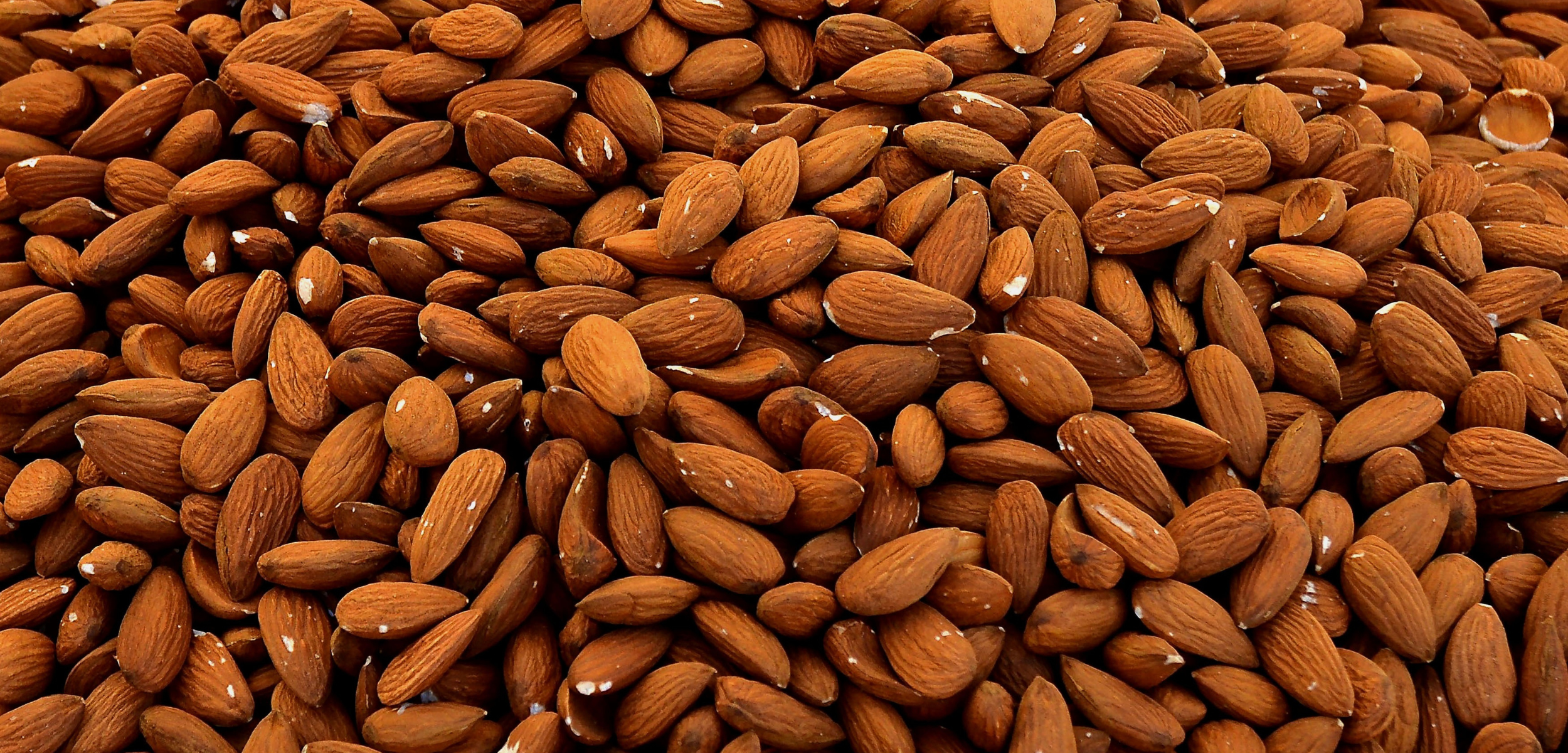
almonds
Types of Almonds:
Raw Almonds: Nutrient-dense, commonly eaten raw or used in cooking and baking.
Roasted Almonds: Roasting enhances flavour, but high heat can reduce some nutrients.
Activated: Soaked and dehydrated to reduce phytic acid and enzyme inhibitors, improving digestibility and enhancing nutrient absorption (e.g., minerals like zinc, magnesium, and calcium).
Best Storing Methods:
Airtight Container: Store in a cool, dry place or refrigerate to extend shelf life.
Best Sourcing Methods:
Organic & Raw: Choose organic almonds for the best quality and nutrient content.
Medicinal Benefits:
Heart Health: High in monounsaturated fats, which support heart health.
Antioxidant-Rich: Contain vitamin E, which protects cells from oxidative damage & improves skin health
Bone Health: Rich in magnesium and calcium, supporting nervous system health, bone density.
Nutrient Retention and Cooking Methods:
Activated: Activated are easier to digest and allow for better absorption of nutrients, such as zinc, magnesium, and calcium, due to the reduction of phytic acid and enzyme inhibitors.
Raw Consumption: Best for preserving vitamin E and healthy fats.
Light Roasting: Enhances flavour but can reduce some heat-sensitive antioxidants.




